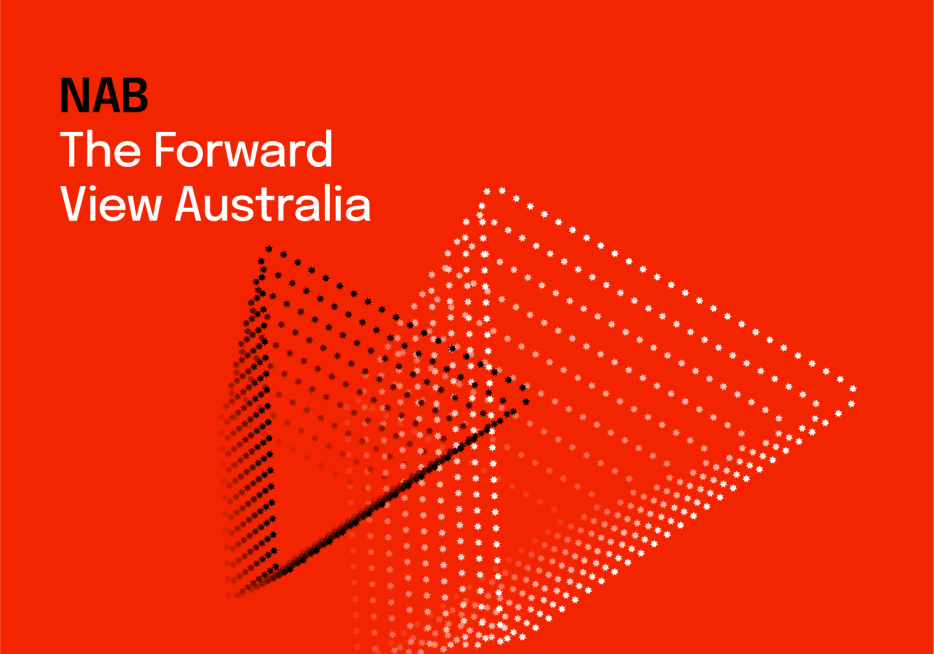Firmer consumer and steady outlook


Insight
From the man who gave the world the EQ revolution comes new thinking on how today’s leaders can embrace connectivity to win in a world of flux and change.

The world’s leading authority on emotional intelligence Daniel Goleman details why leadership needs to change and how, by tapping into emotional connections, today’s leaders can drive better business results.
Emotional intelligence is how we handle ourselves, manage ourselves, lead ourselves and manage our relationships. Why does it matter to leadership today? Because leadership needs to change.
Most world class companies have competency modelling. Yet what I’ve found is that emotional intelligence is about twice as important as anything else measured. That’s because what you learned in school – your threshold competencies – are what you need to get the job. But they won’t tell you how to perform. And the higher you go in an organisation, the more emotional intelligence matters.
For C-suite jobs, our studies show that high performing leadership is 85% emotional intelligence and just 15% IQ and technical skills. That makes sense because what you’re doing at that point is not using your technical skills, what you’re doing is managing people. And the art of leadership is getting work done well through other people.
In leadership, once you’re in your role everyone else is as smart as you are, so IQ drops away as an indicator of success. What’s needed is big picture thinking, pattern recognition, how a decision made today will matter in five years. From there you build your strategy but, once you have that, you can only get there through your people – through communicating, persuading, listening, dialoguing, inspiring, motivating. And all of those are emotional intelligence skills.
Our own statistical analysis is that self-awareness is foundational: if you’re tuned out of yourself, you can’t manage that well. If you’re tuned out of yourself, you can’t connect with others.
When we face decisions, the brain brings together everything we know – our life wisdom on that subject – and gives us an answer as a ‘felt sense’. You get a feeling; it’s from the gut. There was a study of Californian entrepreneurs, people who built their business from nothing. They said they loved spreadsheets, they loved numbers, they gathered information from everywhere. And then they said, ‘I check it against my gut. If doesn’t feel right I won’t go ahead with the deal.’ Self-awareness is not only our sense of integrity, it protects us.
Aristotle said anybody can get angry but to be angry at the right person, in the right way, is not easy. 2000 years later, that’s still true.
The future of an organisation depends on the emotional ability of its top teams. A sign of emotional balance is not that you don’t feel things, but how quickly you recover. It’s called resilience – being able to get back on your feet quickly – and it’s an ability we can all work on and adapt to.
Adaptability means seizing opportunities. This is a key competency for the future. We’ve done research that shows that if you assess people now in their adaptability and follow them for 20 years, of all competencies adaptability is the one that best predicts success. Life happens – there are setbacks and there are obstacles. If you tell yourself, ‘I’m not up for that’, you’re finished. But a door closes and another one opens. There’s always an opportunity in a negative event.
There’s a Yale study that showed if the leader of a team is in a negative mood, performance goes down. If the leader feels energised, performance goes up. This is related to the social brain, and involves mutual attention, smooth interaction, and joy.
An article in the Harvard Business Review called it the Human Moment: when you’re going to be with someone else at work, put aside your distractions, put aside your tech, and be with the person in front of you. Our tech is both a great boon and a great problem. The brain does not multi-task, that’s a myth; the brain switches rapidly. We take in five times more information today than ever before, but a wealth of information means a poverty of attention. Instead, be present, be socially aware.
There are many aspects to leadership, and I break it into six styles. There’s ‘visionary’: someone who can articulate a vision that inspires people. There’s ‘coaching’: having a conversation one-on-one where you don’t talk about a person but about life. There’s being ‘affiliative’: a leader who knows that having fun together is not a waste of time. And there’s being ‘democratic’. These are the four areas that build emotionally intelligent leadership.
On the other side, there’s a leadership style called ‘pace-setting’. These leaders tend to be perfectionists, constantly judging themselves and giving themselves Fs not As, and their people likewise. And there’s ‘commanding’: people who are great in an emergency but life is generally not an emergency.
If a leader can exhibit at least four of these styles, they’re the ones who have the best chance of great business performance.
Takeout: 5 steps to developing your EI
© National Australia Bank Limited. ABN 12 004 044 937 AFSL and Australian Credit Licence 230686.